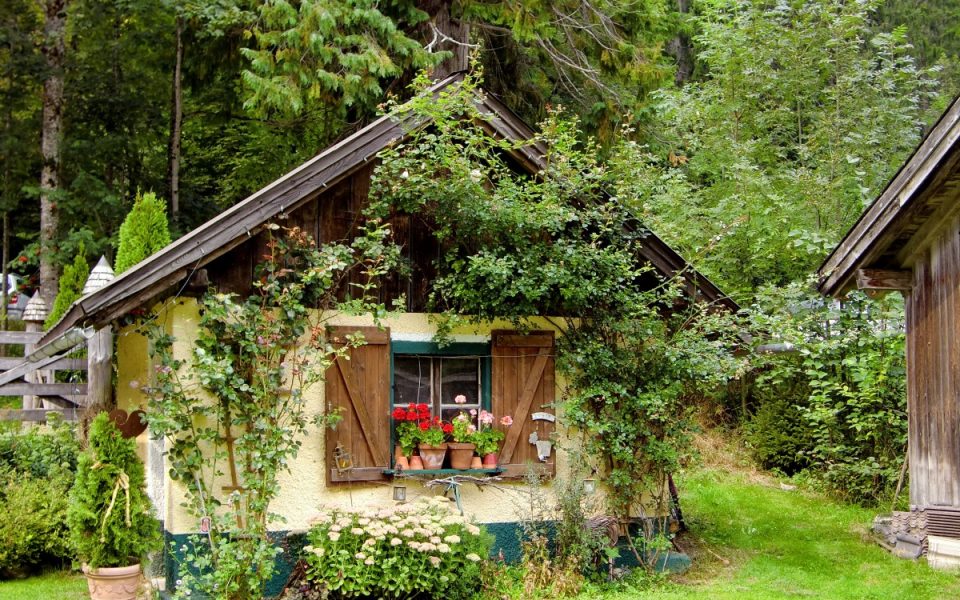Arguments at Tuesday night’s Winston-Salem City Council meeting about accessory dwellings — known in the common parlance as tiny houses or granny sheds — provide a near-perfect example of a growing city grappling with the evolving demands of a new century.
Accessory dwellings are not a new thing. Cities across the country are filled with large homes carved into apartments, coach houses off the main estates and rooms for rent above garages.
In most of these places, as Councilman Jeff Macintosh of the Northwest Ward noted, this sort of growth is lightly regulated, and even encouraged.
But fear of absentee landlords, which MacIntosh said is not much of a problem in other North Carolina cities, and the specter of tiny-house Hoovervilles in private yards influenced council to throttle this progress instead of embrace it.
Accessory dwellings bring easy solutions to many problems that growing cities face. They are infill projects that increase density and tax base. They enable homeowners to create a little income for themselves. They provide convenient and safe affordable housing at a time when cities like Winston-Salem need it most. And because the target market for such units includes a lot of elderly Americans, accessory dwellings address another pressing, contemporary need: What do we do about grandma?
As Councilwoman DD Adams of the North Ward pointed out, not all Baby Boomers have pensions and 401(k)s.
Council’s decision to impose a $1,000 application fee as the cost of entry for establishing an accessory dwelling seems needlessly cautious, elitist and tone-deaf to the people in the city who desire these living arrangements.
Surely some regulation is needed — you shouldn’t be able to pop a shed from Lowe’s into your backyard and move your mother into it, and there must be a limit to how many humans can occupy a plot of city land. But the hearing phase of the process handles most of those issues, and existing laws concerning rental properties take care of the rest.
For the most part, council seems interested in managing growth rather than engineering it, a wise path for a city on the rise. But it’s not always smart to err on the side of caution.
Join the First Amendment Society, a membership that goes directly to funding TCB‘s newsroom.
We believe that reporting can save the world.
The TCB First Amendment Society recognizes the vital role of a free, unfettered press with a bundling of local experiences designed to build community, and unique engagements with our newsroom that will help you understand, and shape, local journalism’s critical role in uplifting the people in our cities.
All revenue goes directly into the newsroom as reporters’ salaries and freelance commissions.





Leave a Reply